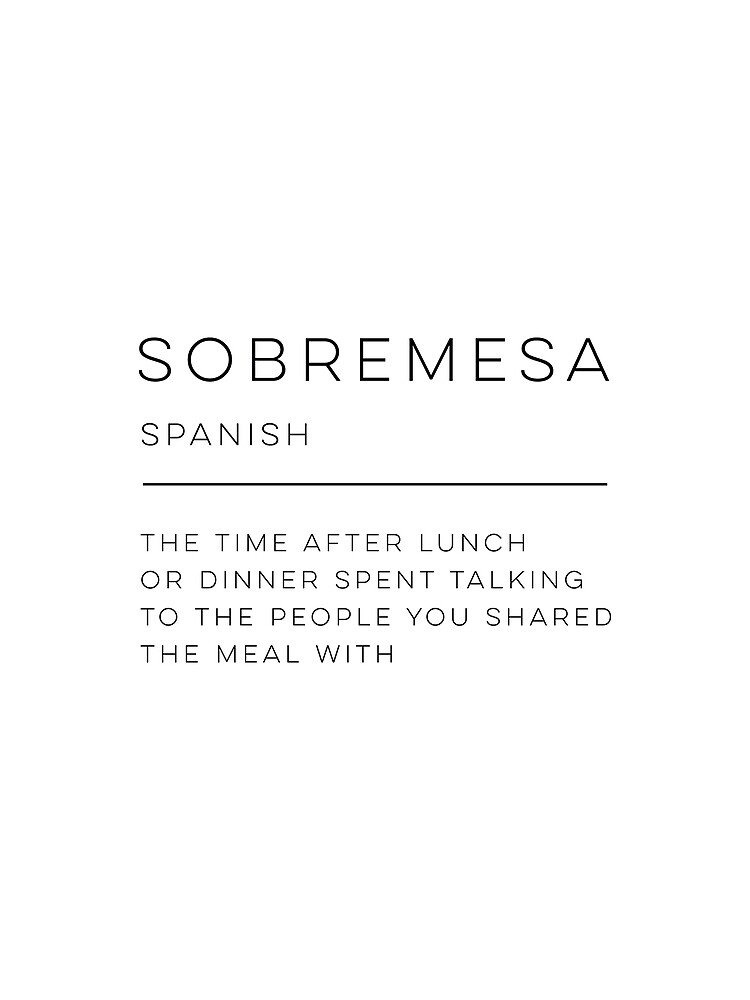There are many things to take into account when translating, from the syntax of sentences to the intended audience of the translation to the register of language that you use. One thing which can be particularly tricky, however, is translating words or phrases which are unique to a specific language and which may not exist in other languages. While some things may be talked about a lot in one culture, they might not necessarily be incorporated in others. Languages reflect these cultural differences by having unique vocabularies which won’t always neatly translate into different languages.
How do you go about translating these so-called ‘untranslatable’ words?
Sometimes it’s necessary to describe these words in more detail in the target language, rather than using one compact word to convey the same meaning. Translations can also use more idiomatic phrases in the target language to maintain the meaning of the original word in the source text while adapting it to suit an audience speaking a different language. The actual choice of translation is up to each individual translator’s decision, and what they think works best.
What are some ‘untranslatable’ words?
Saudade (Portuguese)

This Portuguese word is used when talking about something or someone you miss, but it implies a certain longing and nostalgia. The intensity of the feeling isn’t quite reciprocated in any English equivalents.
Backpfeifengesicht (German)

Backpfeifengesicht literally translates to “slap on the cheek – face” but it’s used to mean ‘a face that is asking to be punched.’ Although the feeling may be a universal one to us all, only the German language really encapsulates it in such a concise way.
Utepils (Norwegian)

Although it’s the Germans who may be more famous for their beers, it’s Norwegian which has a specific word to mean ‘having a beer outside.’ A useful word to have in your Norwegian word bank for those long Scandinavian summers.
Sobremesa (Spanish)

Sobremesa literally means “on the table,” but in Spanish it refers to the moments savoured after a meal, enjoying conversation and relaxing with family, friends, or even work colleagues. This sacred post-dinner time is not necessarily exclusive to Spain, but the fact that the language has such a specific word for it may hint at how important it is within Spanish tradition.
Komorebi (Japanese)

Anyone who has ever looked up at trees on a sunny day will recognise the sight of light filtering through leaves. Yet only Japanese seems to have a precise word for this phenomenon, made up of three characters which individually mean ‘tree,’ ‘leak through’ and ‘sunlight.’ Together they make up a word which paints a vivid picture of a familiar natural sight.
Gökotta (Swedish)

The Swedish word gökotta means ‘to wake up early to listen to the birds sing.’ This all-encompassing term may reflect the tradition of waking up to listen to birdsong in early spring which exists in some parts of Sweden, but there’s no reason why it can’t be used by all keen bird watchers and identifiers.
These are just a few of the many words and phrases in different languages which are difficult or even impossible to translate into other languages. It’s always worth looking up more of them for those moments when you know exactly what you want to say, but just can’t express it. You just might find that another language has the perfect word to communicate it.

